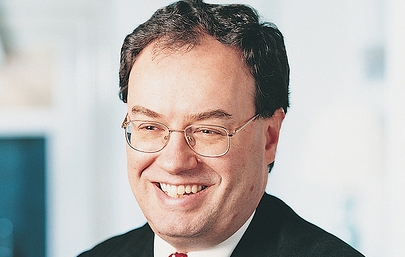Unregulated firms are in the firing line of the FCA.
The regulator has issued a warning that it will make “intervening outside the perimeter” of regulation a priority if it believes its key objectives are at risk.
If an unregulated activity is illegal or fraudulent, it will act, officials said.
The comments came as part of the launch of a new Mission document this week.
The FCA publication stated: “Our remit for taking action for the firms and activities we regulate is clear. However, in practice, the lines between regulated and unregulated activities have become blurred in recent years.
“Many of the problems we have seen in the market, from the crash of 2008 onwards, have been caused by regulated firms undertaking activities which are outside our ‘regulatory perimeter’ (ie activities that we do not regulate).
“Our objectives, to varying degrees, give us powers to intervene in many of these activities. But we have limited resources and must prioritise using them where we can have the biggest impact. We will prioritise intervening outside the perimeter when we believe our objectives are threatened, if we believe an unregulated activity: is illegal or fraudulent and/or has the potential to undermine confidence in the UK financial system.”
The FCA stated: “Our market integrity objective applies to the overall UK financial system. This means that, if we believe that a regulated firm’s unregulated activity could affect the integrity of the financial system, for example the mis-selling by a firm of a product that the FCA does not regulate, we could seek to make rules or use other FSMA powers.
“Our consumer protection objective is more closely tied to regulated activities. Yet it, too, provides scope for us to act when firms’ unregulated activities have potential to impact ‘consumers’ within the meaning of the broad definition in FSMA.
“For example, the FCA principle of paying due regard to the interests of its customers, and treating the customer fairly, would apply to unregulated generic advice provided as a preparatory step to providing a regulated service. The aim of this approach is to secure an appropriate degree of protection for consumers.”
The regulator has set about gathering opinions on the Mission - a guiding set of principles around the strategic choices it makes.
FCA chief executive Andrew Bailey said: “The Mission is a very important piece of work. Indeed, I would regard it as a flagship piece of work for us. And what it really is, is seeking to provide us with a clearly articulated framework for what we do.
“Taking our very big picture statutory objectives and saying ‘how do we interpret these?’
“Now, it’s not intended to change what we do. It’s actually intended to distil what we do, and say let’s start to turn that into a framework for conduct regulation.”
The Mission document will “inform the FCA’s strategy and day-to-day work over the coming years”.

